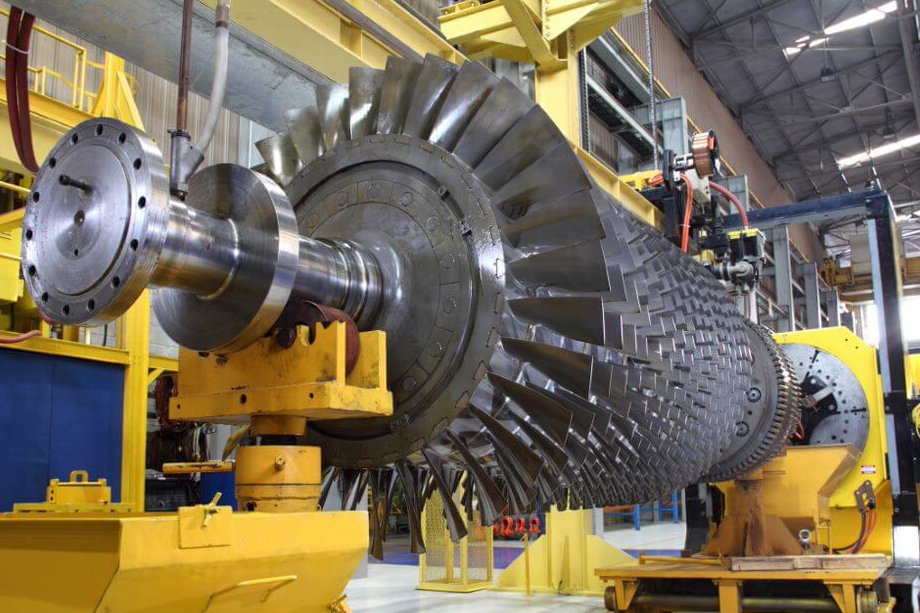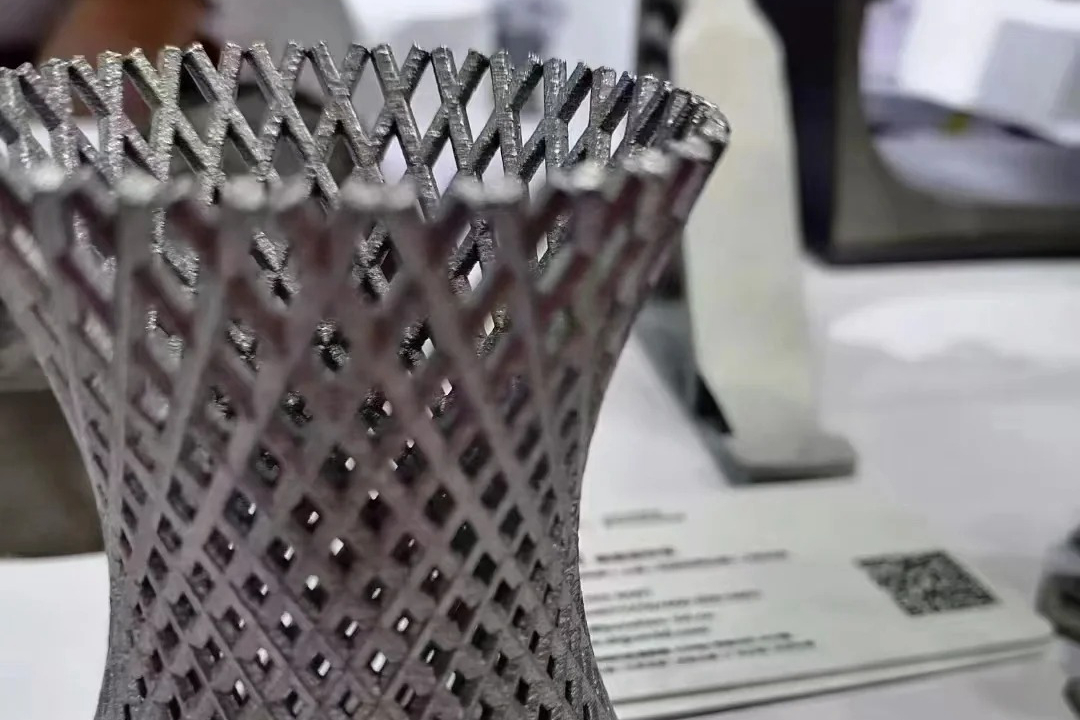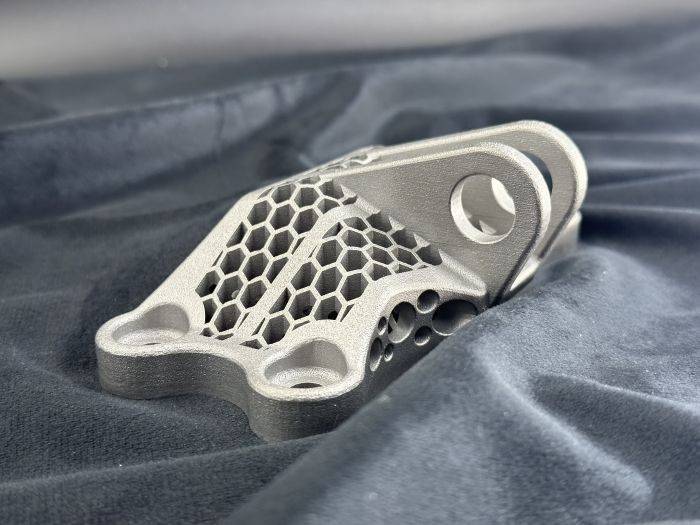What is the typical measurement accuracy (uncertainty) of your CMM systems?
CMM System Performance and Uncertainty Specifications
Our coordinate measuring machines deliver exceptional measurement accuracy with typical uncertainty values ranging from 1.8 ± L/300 μm to 3.5 ± L/250 μm, depending on the specific CMM class and measurement volume. This performance level ensures reliable dimensional verification for components manufactured across our entire additive manufacturing portfolio, including those produced through Powder Bed Fusion and post-processed using CNC Machining.
Factors Influencing Measurement Accuracy
Environmental Control and Thermal Stability
We maintain stringent environmental conditions in our metrology laboratory, with a temperature control of 20°C ± 0.5°C and a relative humidity maintained between 40% and 60%. This stability is crucial for maintaining measurement integrity, particularly for large components and materials with higher thermal expansion coefficients, such as Aluminum Alloys. All measurements are automatically compensated for material-specific thermal expansion characteristics.
Probe System Configuration and Calibration
Our CMM systems utilize various probing technologies, including touch-trigger, scanning, and optical probes, each with specific accuracy characteristics. High-density scanning probes achieve form measurement uncertainties of less than 0.5 micrometers for critical features. Regular calibration against ISO 10360-2 standards ensures ongoing accuracy verification, with particular attention to components that require tight tolerances, such as those used in Aerospace and Aviation applications.
Application-Specific Measurement Capabilities
Additive Manufacturing Component Verification
For AM components, we've developed specialized measurement strategies that account for unique surface characteristics. Complex Titanium Alloy medical implants are measured with uncertainties of less than 5 micrometers, while larger Stainless Steel industrial components maintain uncertainties within 15 micrometers across 500mm measurement volumes. The data obtained supports quality validation for components that have undergone various Surface Treatment processes.
Multi-Sensor Metrology Integration
Our advanced CMM systems incorporate vision and laser scanning capabilities for comprehensive measurement of features. This multi-sensor approach is particularly valuable for components with complex geometries produced via Directed Energy Deposition, where we combine tactile measurements for critical features with optical scanning for free-form surfaces. The integration provides complete dimensional characterization while maintaining measurement uncertainties within specified tolerances.



